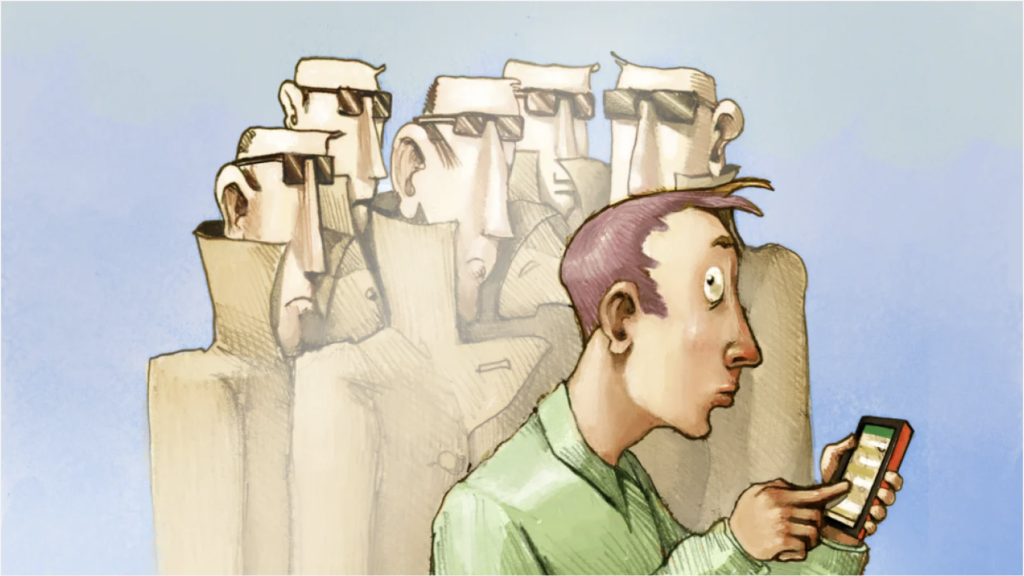
A worried man uses his cell phone and you feel surrounded by secret agents; Shutterstock ID 606367991 Credit: Shutterstock / nuvolanevicata
Picture this: I was sitting on my couch last week, scrolling through my phone, when an ad popped up for this exact coffee maker I had been eyeing at the store, like down to the brand and color. I had not even Googled it yet! It is freaky how well the internet knows me sometimes, right? But then I start thinking, what if it is not just ads? What if my name, my address, or God forbid, something like my medical records got loose out there? Suddenly, it is not a cool trick anymore it is scammers blowing up my phone, creeps digging into my life, or trolls turning it into a nightmare. That is where we are at in 2025: privacy is on its last legs; AI is running from fun to feral in a split second. How did we let it get this bad, and what is it going to take to wrestle it back?
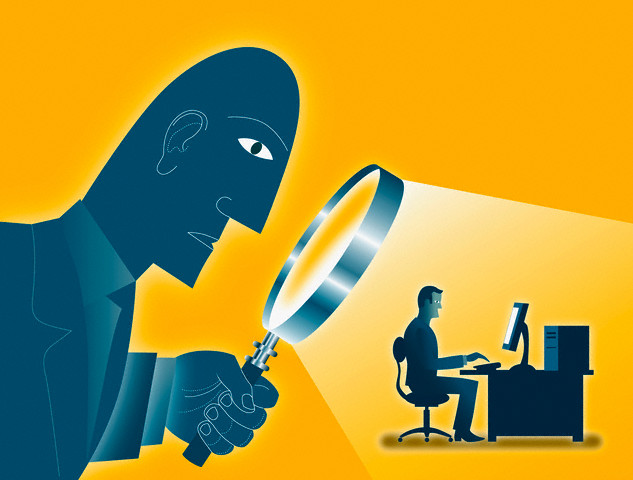
When Privacy Stopped Being Simple
Let us start with privacy, because that is the root of it all. I used to think privacy was simple shut your blinds, dodge a nosy neighbor, maybe keep your diary under the mattress. Done. But now? It is this slippery, shape-shifting thing. Every time I log into Instagram, order Uber Eats, or even just browse random stuff online, I am leaving bits of myself behind. Companies call it “data collection,” but it feels more like they are picking my pockets while I am distracted. There is this thinker, Shoshana Zuboff she is brillant, by the way, who calls it “surveillance capitalism”. (Zuboff, 2019) Her big idea is that our lives are the raw material, scooped up and sold off to whoever is got the cash. We get free apps, quick shipping, or a killer playlist out of it, but the trade off is we are basically blind to who is holding our info or what they are doing with it.
I catch myself falling for it all the time. Like, I will smash that “accept” button on a terms of service popup without blinking just get me to the good stuff, you know? But those things are a trap. One minute I am posting a goofy pic of my dog, the next my data is bundled up and shipped off to some advertiser or worse, some sketchy hacker if the company is sloppy with security. It is not just about losing privacy. It is about losing power over your own story. The platforms have all the leverage, and we are stuck hoping they do not screw us over. I mean, have you ever tried reading one of those privacy policies? It is like they are written to make your eyes glaze over on purpose.

Image AI Never Sleeps by luigicongedo
AI: The Brain That Never Sleeps
And the there is AI, which takes this whole mess to another level. I used to think AI was just facny tech robots in movies, maybe self-driving cars. But it is so much more than now. It is the brain behind those eerily spot on ads, the filter deciding what pops up on your news feed, even the system figuring out if you qualify for a loan or a job. It is built on all that data we are leaking, and it is crazy powerful but it is also kind of a our baggage: biases, mistakes, all that junk. (O’Neil 2016) Like, think about something basic you search “best hiking trails,” and AI guesses what you will like based on your past clicks. Cool, right? But scale that up, say , an algorithm deciding who is “safe” or “risky” for insurance and it can go off the rails if data is wonky or the coder is got blind spots.
I have been chewing on this lately, how AI is not just a tool it is a megaphone. When privacy slips, like in a data breach, AI does not sit there twidding it is thumbs. It grabs that info and runs with it. Scammers use it to craft phishing emails that sound like they are from your best friend. Trolls use it to dig up dirt and hit you where it hurts. It is fast, smart, and ruthless.
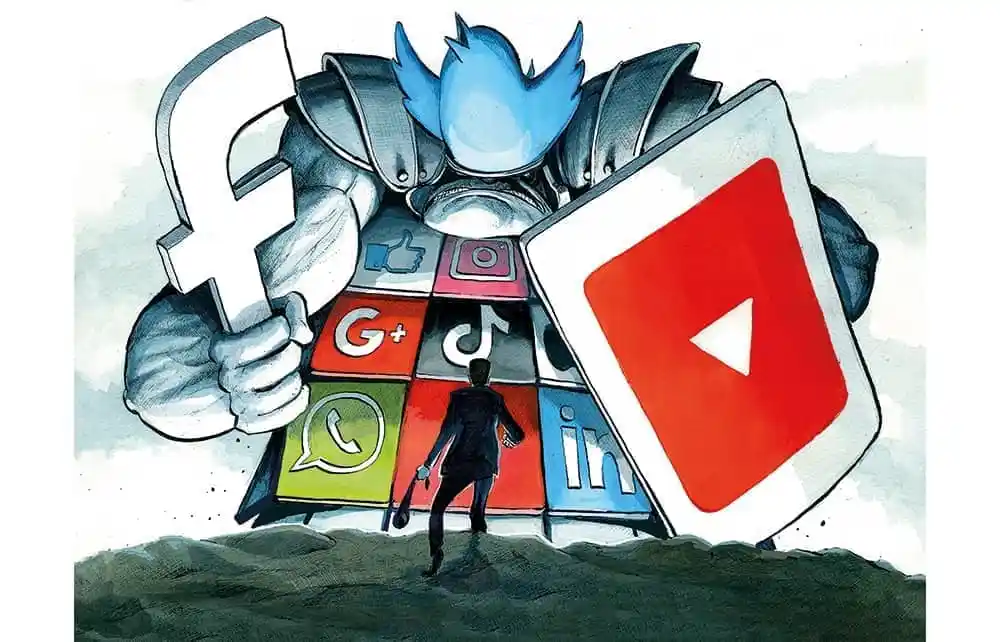
Image The hidden harms in the Online Safety Bill by Jonathan Sumption on THE SPECTATORS
The Internet is Dark Side: Online Harms
And that is before we even get to the really dark stuff: online harms. Hate speech, scams, misinformation they have always been around, but the internet is like a supercharger. Algorithms do not care if something is true or decent they just push what gets attention. You have seen those comment threads that start with a dumb argument and end up a cesspool of insults, right? That is AI feeding the beast, keeping you hooked while the toxicity festers.
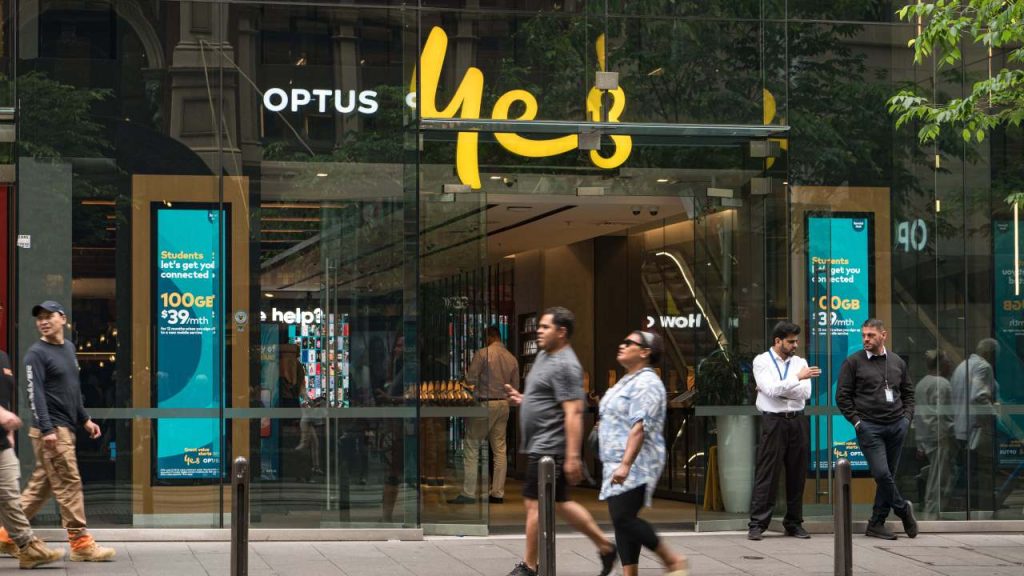
Image by Sky News Australia
The Optus Fiasco: When It All Goes Wrong
Let us zoom in on something real to tie this together: the 2023 Optus data breach in Australia . If you have not heard about it, oh man, it is a wild ride and not in a good way. Optus is this massive telecom down there, like their version of Verizon or something, and they got hacked big time. We are talking 10 million people’s details, names, birthdays, driver’s licenses, passport numbers just snatched out of thin air. (Australia Government, 2023) How did it happen? Get this: they left an API think of it like a digital side door wide open, no lock, no nothing. Some hacker strolled in, grabbed the goods, and bolted. It is the kind of screw up that makes you wonder who is asleep at the wheel over there.
The aftermath was a total trainwreck. Scammers got hold of the data and went to town, using AI tools to crank out phishing texts and emails that were scarily convincing. Like, they did know your name, your address, maybe even what plan you were on with Optus, and they did hit you with a message like, “Hey, we need to verify your account click here.” People fell for it thousands of them because it lookes so legit. Then the trolls piled on. I read about this one woman her name is not public, thank God who had her address leaked on some shady forum. Next thing she knows, strangers are rocking up at her house, banging on the door. Can you imagine? It is not just creepy it is terrifying.
The Stats are nuts: 10 million affected, millions in losses form scams, and Optus got slapped with a $1.5 million fine that felt like pocket change for a company that big. (OAIC,2024) But it is the human side that gets me. People did not just lose money they lose trust. In Optus, sure, but also in the whole damn system. And AI? It was like the accelerant in a fire. Scammers used it to move fast crafting fakes that hit hard because they had real info to play with. Meanwhile, the algorithms that are supposed to catch this stuff like, flag suspicious texts were too busy shoving ads in our faces to keep up. It is a mess, and it is personal.
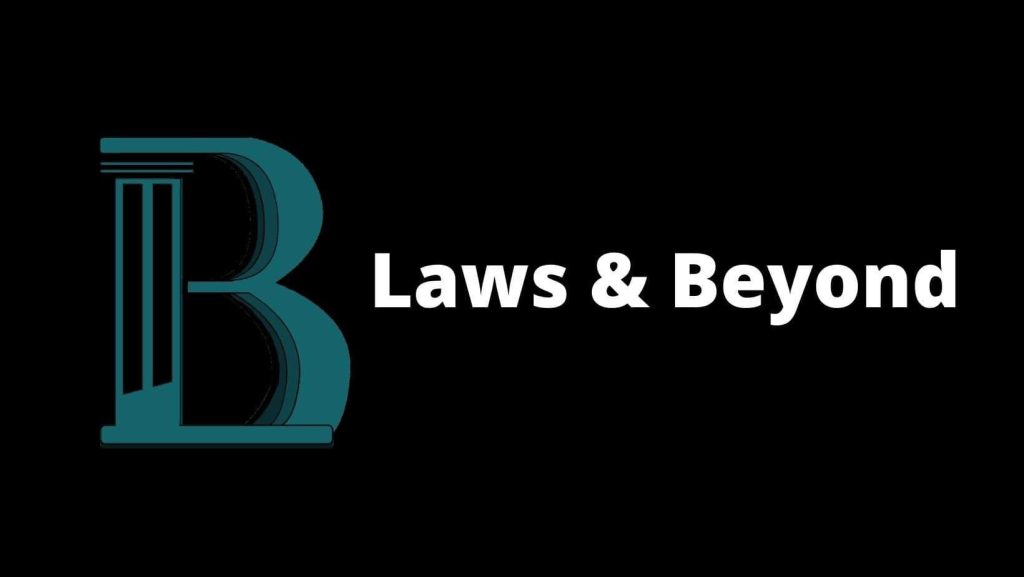
Image Laws & Beyond by Linkedln
Can We Fix This? Laws and Beyond
So what is the fix? Governments are trying, I will give then that. Australia’s been scrambling since Optus to beef up its Privacy Act. They are talking bigger fines, stricter rules on how companies handle data like, you can not just leave it lying around anymore. (Parliament of Australia, 2024) Over in the EU, they have got the GDPR, this monster of a law that is been around since 2018. It is tough companies have to get real consent, not just trick you into clicking “yes” and they have been dropping fines like confetti on tech gaints who step out of line. (European Commission, 2023) Meta is been hit with hundreds of millions, Google too it is not pocket change over there. It is a flex, no doubt, and it is made some firms sweat.
But here is where I get stuck: laws are slow as hell. Tech is moving at wrap speed new apps, new AI tricks, new ways to exploit us and lawmakers are still arguing over commas. By the time a rule is locked in, the game is shifted. Look at Optus they knew the risks, had warnings from audits years before, and still did not plug the hole. (OAIC, 2024) Laws can punish, but they are not stopping the next breach. And it is not just on governments companies have to own this too. They rake in billions off our data, they can well afford better security.
I have been mulling over what else we can do, because this cannot just be a shrug and move on situation. Transparency is a big one non negotiable, really. Companies need to quit hiding behind jargon and tell us locked down? Australia is pushing this thing called “privacy by design” basically, build the safeguards in from the start, not foolproof, but it is a step. I like it it is proactive, not just slapping wrists after the fact.
Then there is AI, and man, that is a beast to tame. We cannot let it run loose like some rogue cowboy. Some people like Kate Crawford, who is all about unpacking tech is underbelly say we need audits. (Crawford, 2021) Like, actual humans checking what these algorithms are doing, why they are spitting out certain results, and who is getting hurt. If AI is amplifying a breach or pushing hate speech because it is chasing clicks, we should know and fix it. Companies hate that idea, of course it is more work, more accountability but tough luck. Optus tried dodging blame, calling it a “sophisticated attack,” but come on, it was their backdoor swinging open. Own it.

My Two Cents on the Madness
But here is the part that is been gnawing at me: we are in this too. I am guilty that I will hand over my email for a 10% discount or skip reading the fine print because I just want in. You have done it too, right? We have got to stop treating convenience like it is worth everything. It is a lousy deal when it leaves us wide open. Maybe it is about pushing back a little asking questions, ditching apps that demand too much, or at least knowing what we are signing up for. It is not great, but it adds up. Look at Optus people kicked up a storm after the breach, and it forced apologies, payouts, law changes. That is power, messy as it is.
There is more we could chew on like how hate speech ties into this. The same algorithms that spread scams can turbocharge slurs or lies. During the Optus mess, misinformation flew around fake “Optus statements” blaming customers, conspiracy nuts saying it was an inside job. Platforms like X let it rip because outrage gets eyeballs. (Bennett & Livingston,2020) It is another layer of harm, and it is on us to call it out, not just scroll past. But that is a Whole other rant I will save it for next time.
Here is a thought that keeps circling back for me: we are all tangled in this digital web, whether we like it or not. It is not just about one bad company or one leaky app it is how the whole system is built to keep us hooked and exposed. I was talking to my cousin the other day, and she was like, “Why stress? It is just how things are now.” But that is the trap thinking we are stuck. Optus woke me up a bit, made me realize we are not powerless, but it is going to take more than hoping for a hero. It is messy, it is complicated, but maybe that is the point real change always is.

Image by Freepik
Time to Rewrite the Rules
So, what is the bottom line? This is not some tech glitche we can patch and forget. Privacy is fading fast, AI is a blessing and a curse, and online harms hit us where we live. The Optus breach laid it bare 10 million people caught in a storm of scams, harassment, and broken trust, all because the system is built to prioritize profit over people. Laws like Australia’s Privacy Act or the EU’s GDPR are scrambling to catch up, but they are playing whack a mole with a hurricane. We need more transparency from companies, reins on AI, and a hard look at our own habits. It is not about smashing our phones or going hermit mode it is about rewriting the rules so we are not just fodder for someone else’s game. I am starting to think it is on all of us to push back, even just a little. What about you? Where do you land on this?
References
Australian Government. (2023). Optus data breach: Investigation report. Office of the Australian Information Commissioner. https://www.oaic.gov.au
Bennett, W. L., & Livingston, S. (2020). The disinformation age: Politics, technology, and disruptive communication. Cambridge University Press.
Crawford, K. (2021). Atlas of AI: Power, politics, and the planetary costs of artificial intelligence. Yale University Press.
European Commission. (2023). General Data Protection Regulation (GDPR). https://ec.europa.eu/info/law/law-topic/data-protection
Flew, Terry (2021) Regulating Platforms. Cambridge: Polity, pp. 72-79.
O’Neil, C. (2016). Weapons of math destruction: How big data increases inequality and threatens democracy. Crown Publishing.
OAIC. (2024). Privacy Act review: Outcomes and implementation. Office of the Australian Information Commissioner. https://www.oaic.gov.au
Parliament of Australia. (2024). Privacy Amendment Bill 2024. https://www.aph.gov.au
Zuboff, S. (2019). The age of surveillance capitalism: The fight for a human future at the new frontier of power. PublicAffairs.

Be the first to comment